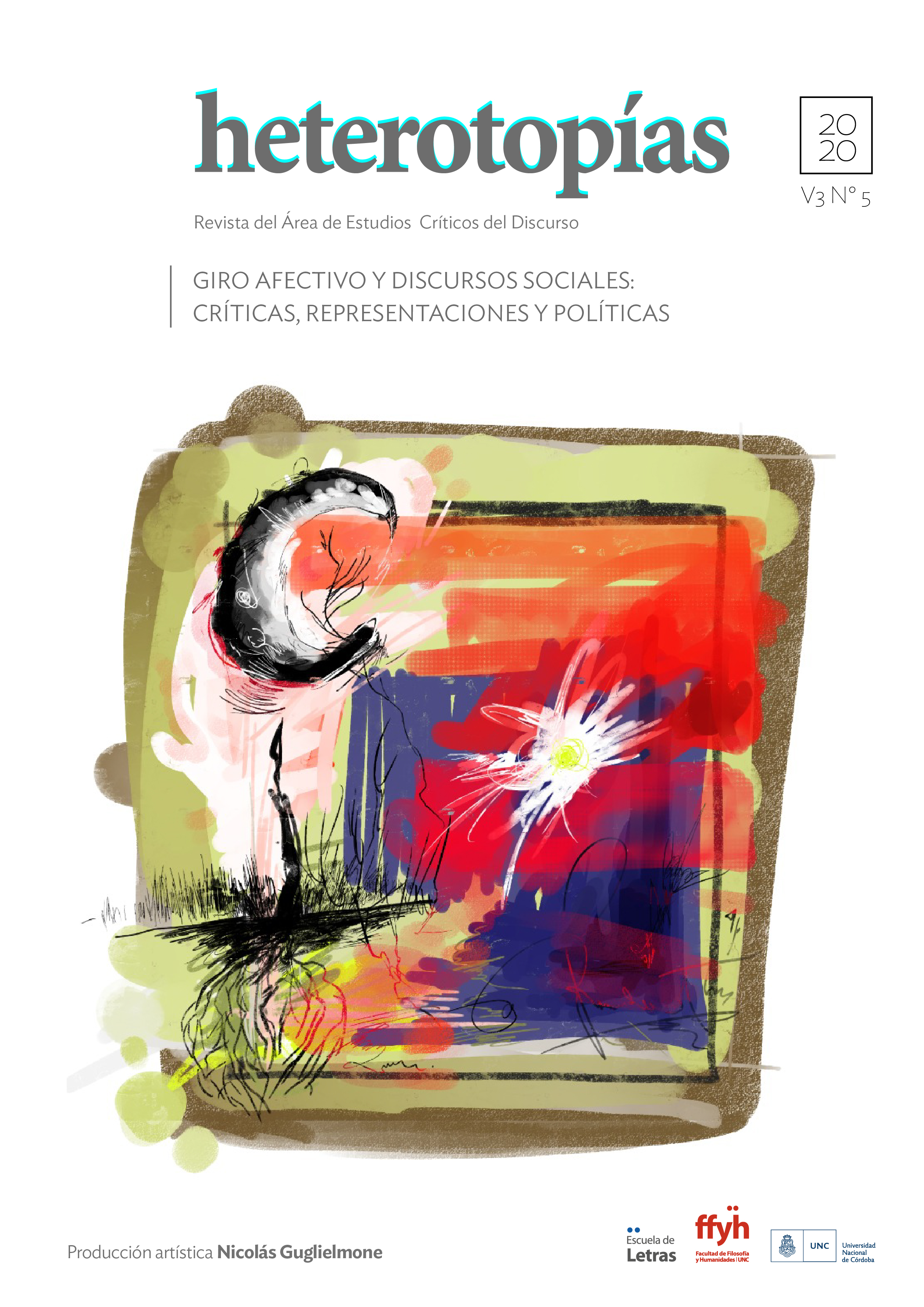The death sentences we don´t see
Main Article Content
Abstract
The pandemic surrounded us with death. Real, imaginary, symbolic, dreamlike, media, daily death. Thinking of death as something close makes us stoic, existentialist, deconstructionist, that is, philosophers. It makes us think of another frequency, in another intensity. Among those urgent attemps that death emerges with a date, that is the death sentence, consecrated by law as "death penalty" and the various ways of living and dying that it suggests. Jacques Derrida's seminar on this topic and the conviction of the Argentine Victor Hugo Saldaño, and his 24-year wait on the "death row" are the premises of this article.
Downloads
Article Details

This work is licensed under a Creative Commons Attribution-NonCommercial-ShareAlike 4.0 International License.
Those authors who have publications with this journal, accept the following terms: Those authors who have publications with this journal, accept the following terms:
a. The authors will keep their copyright and guarantee to the journal the right of first publication of their work, which will be simultaneously subject to the Creative Commons Attribution - Non-Commercial - Share Alike (by-nc-sa) Attribution License; no commercial use of the original work or any derivative works is allowed, the distribution of which must be done with a license equal to the one that regulates the original work.
b. Authors may adopt other non-exclusive license agreements for the distribution of the published version of the work (e.g., deposit it in an institutional telematic archive or publish it in a monographic volume) provided that the initial publication in this journal is indicated.
c. Authors are allowed and recommended to disseminate their work through the Internet (e.g. in institutional telematic archives or on their website) before and during the submission process, which may lead to interesting exchanges and increase the number of citations of the published work. (See The effect of open access).
How to Cite
References
Barón, C. (08 de mayo de 2020). Nadie sabe lo que puede un default. Página 12. Recuperado de https://www.pagina12.com.ar/264168-nadie-sabe-lo-que-puede-un-default.
Derrida, J. (1995). Dar (el) tiempo. Barcelona: Paidós.
Derrida, J. (2000). Dar la muerte. Barcelona: Paidós Básica.
Derrida, J. (2010a). Fuerza de ley. El "fundamento místico de la autoridad". Madrid: Tecnos.
Derrida, J. (2010b). La pena de muerte I. España: La Oficina.
Foucault, M. (1988). Una Introducción a la vida no fascista (Prólogo a la edición
estadounidense de El Anti-Edipo. Capitalismo y esquizofrenia, de Gilles Deleuze y Félix Guattari). Magazine Littéraire, París, setiembre de 1988. (Traducción del francés de Esther Díaz).
Jara, F. (14 de febrero de 2020). La orangutana Sandra cumple 34 años en el santuario de los Estados Unidos junto a animales de su especie. Infobae. Recuperado de https://www.infobae.com/sociedad/2020/02/14/la-orangutana-sandra-cumple-34-anos-en-el-santuario-de-los-estados-unidos-junto-a-animales-de-su-especie/.
Lapoujade, D. (2016). Deleuze. Los movimientos aberrantes. Argentina: Cactus.
Lapoujade, D. (2018). Las existencias menores. Argentina: Cactus.
Viarruel, R. (2014). Saldaño. El sueño Dorado [Documental]. Argentina: El desencanto Films SRL.
